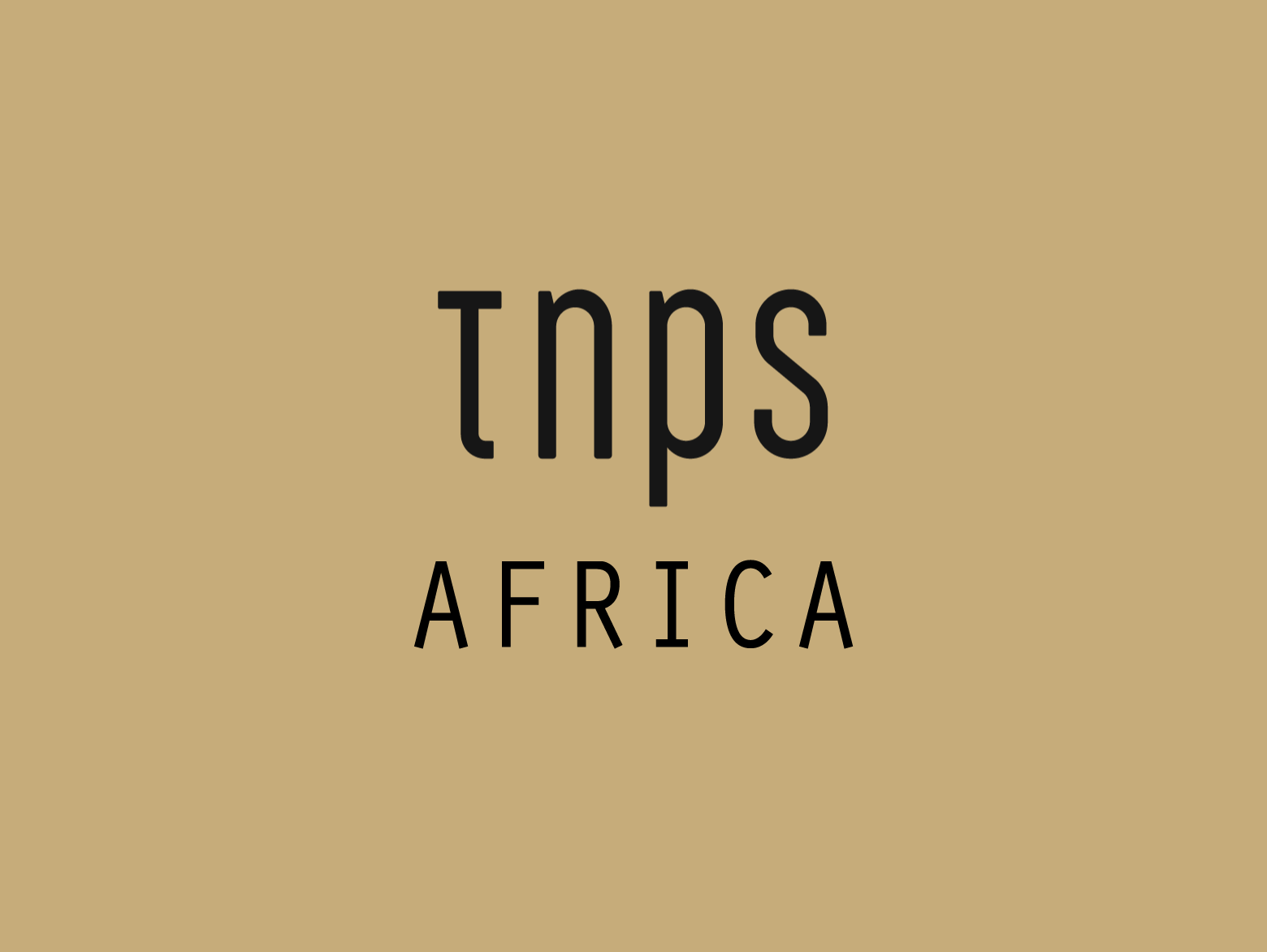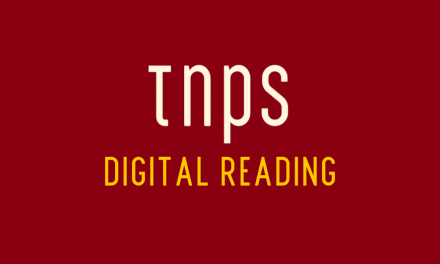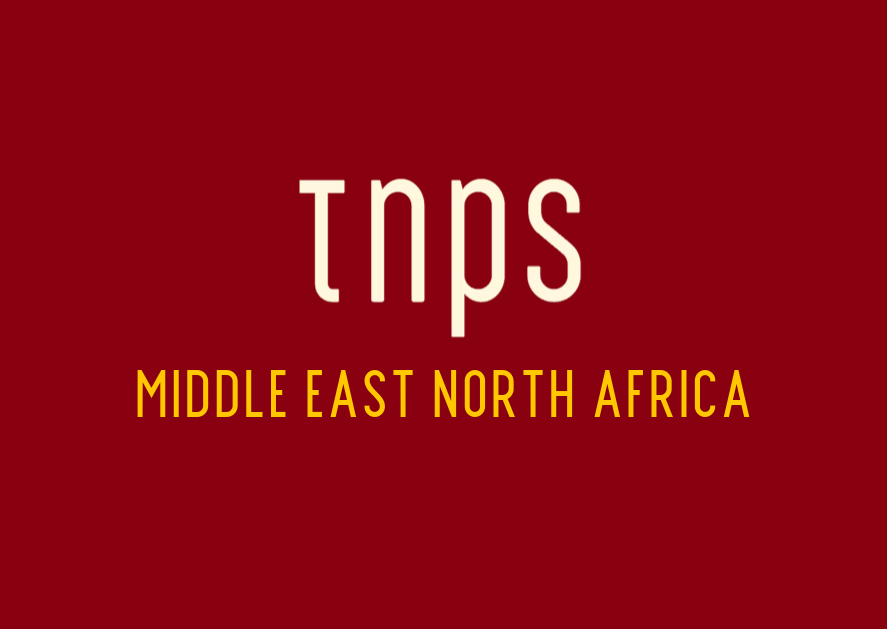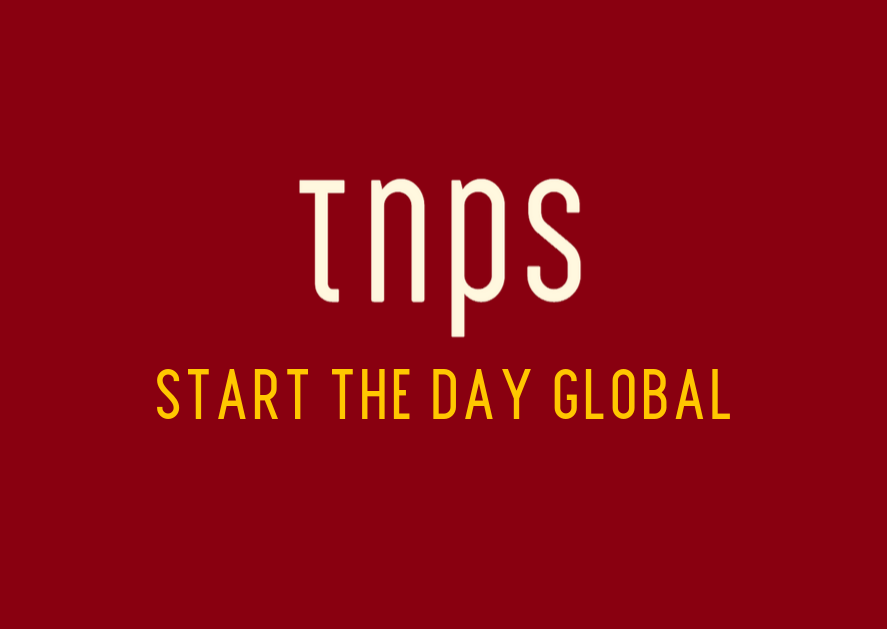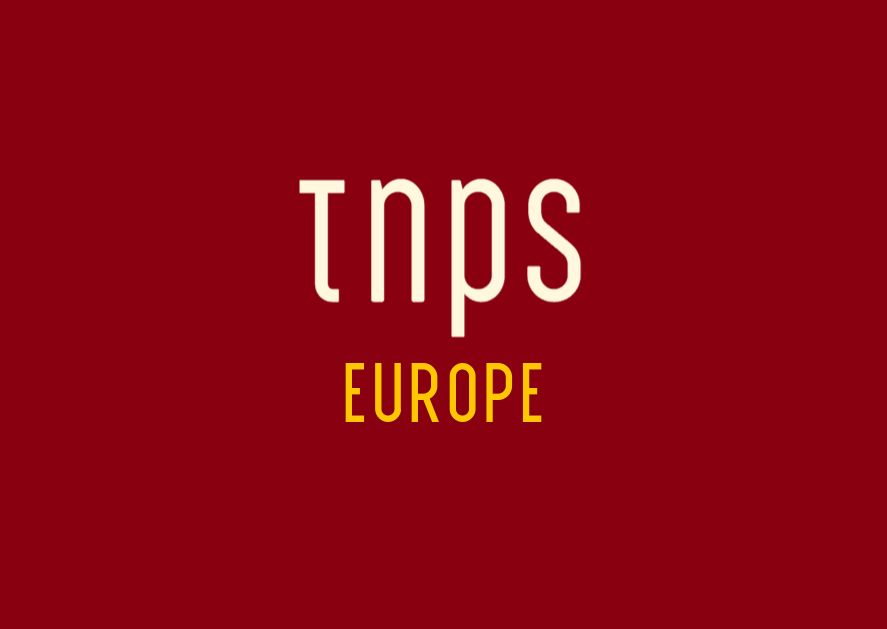The 19th Nigeria International Book Fair got underway today.
I’ll report on the event further as news comes in.
Here to briefly look at a pre-launch call for the establishment of a Nigerian Book Commission to help guide the industry in a period of transition and challenges.
Challenges? Everything from piracy to distribution to rising paper costs to an underdeveloped reading culture.
Transition?
The theme of this year’s book fair says it all:
Optimising new technology in book development and distribution for the promotion of book trade in Africa.
Gbadega Adedapo, who heads both the Nigerian Publishers Association and the Nigeria International Book Fair Trust, as well as one of Nigeria’s biggest publishing houses, said last week,
It is sad that there is no umbrella body for the book industry. What we have is a department under NERDC (Nigerian Educational Research and Development Council). All our recommendations for the past 18 years have not been implemented because we do not know who to report to. We need a Nigerian Book Commission where issues relating to the industry can be properly looked into.
On the need to transition to digital Adedapo said.
It is unfortunate that most of the books published in Africa are not available electronically … The slow pace at which the digital revolution is being embraced for adoption in the publishing industry needs to be addressed.
In stark contrast to some African publishing industry leaders, Adedapo called for a campaign of acceptability for digital reading.
Although Nigeria is home to one of the largest African ebook stores, Okada Books, with just 25,000 titles there is a very real shortage of digital reading options for Nigerians.
Neither Amazon, Google Play nor Apple are there, and Kobo only through its US-based international store. Territorial restrictions mean most mainstream international titles are not available.
It’s not that Nigerians don’t read – the country is home to some world class authors and word class literature. But the practicalities of print production and distribution mean it’s often easier to sell a Nigerian book in the USA than in a neighbouring African country, or even in Nigeria itself.
With 111 million people online Nigeria is the 7th largest country in the world by internet users –more than any country in Europe – and is on target to take 6th place from Japan this year.
The digital transition won’t happen overnight, but it is happening, and in the next few years we will see Nigeria take its rightful place among the biggest players in the global publishing industry.

